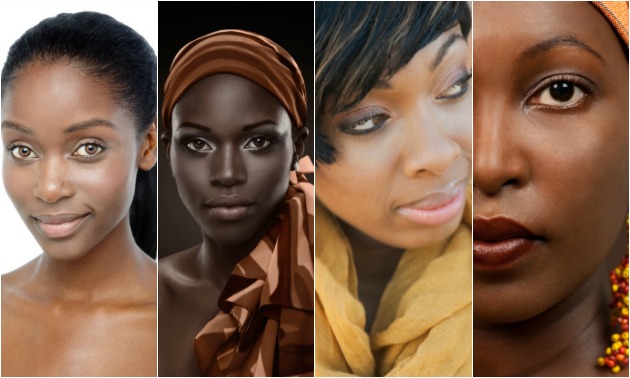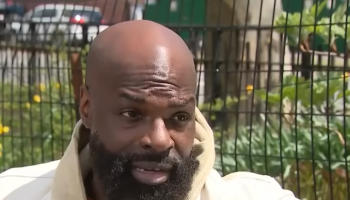
“The single story creates stereotypes and the problem with stereotypes is not that they are untrue, but that they are incomplete. They make one story become the only story.” –Chimamanda Ngozi Adichie
I have been Black under several constructs. Indeed if you live in the United States and have only lived in the United States, it is easy to forget that realizations and experiences of race are beyond these fifty states. I am an African and it is under my African realizations, perhaps coupled with a European gaze that my Blackness was first known to me. Moving to the United States for college was in many ways an experience of being in a new culture, a new nation. But it was also an experience of viewing my Blackness in a different light.
MUST READ: Black Women In History: 10 Reasons We’re Still Wowed By 1980s Olympic Figure Skater Tai Babilonia
I remember for instance, the first time I was invited to a Coalition of Black Students meeting in college. I felt somewhat out of place. I was a Black African student in an 85 percent White American university. One would think I would at least find “home” in a space with other Black students, regardless of nationality. But it was one of the many moments in my life I would understand the importance of culture in a brand new way. Throughout college, there would be dialogues, formal and informal, about this unspoken tensions between Black Americans and non-American Blacks and especially Africans.
From my understanding, there is an impression that Africans apparently give to African-Americans of condescension; an aura of superiority. From my understanding, Africans do not like to be inflicted with the same stereotypes within the United States, that are confined to Black Americans. Participating and celebrating Black American culture as an African, while also maintaining my own identity, has taught me that above all else, there seems to be a miseducation of the other, going on.
The stereotypes African women have about Black American women are inflicted by the American imagination–loudness, rudeness, over-sexualization, etc. While the stereotypes of African women by Black American women is condescension, distancing of their Blackness in order to participate in American life and the typical caricatures all Africans face – of coming from places of poverty and disease. Stereotypes, asChimamanda Adichie warned us, do not tell us the entire story.
Like many people who find themselves drifting between these two Black spaces by chance or by choice, it pains me that there seems to be these unspoken tensions. But we can overcome them and we do by actually having deep conversations about everything from our cultural differences, to our understanding of the differences that national and cultural identity play in participating in American life, to having the humility to recognize that we oftentimes don’t really know each other’s culture, yet are bound together in America’s racial constructions and its complex history.
We have much to learn from each other’s way of seeing the world and being in the world. And it would do us good to learn so directly from the horse’s mouth than from old and tired stereotypes. I firmly believe that if you are not actively ending stereotypes, you are most likely perpetuating them. Because when we uplift each other, we also uplift ourselves. And I choose to believe that we are sisters, separated by oceans. But while we’re here together at a time and in a space where we can be, we should be each other’s keepers.
RELATED STORIES:
Why Don’t African-American Women Get Equal Pay For Equal Work?
12 Things Light-Skin Women Need More Than The ‘Light Girls’ Documentary
Africans Spend Over $7 Billion On Hair Care Causing Companies To Target The Continent
SOURCE: HelloBeautiful.com
Article and Picture Courtesy of Hello Beautiful
This Is How We Can Overcome The Serious Tension Between Black American Women & Black African Women was originally published on wzakcleveland.com














